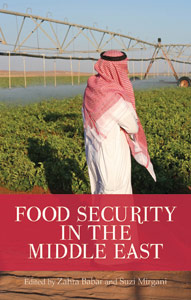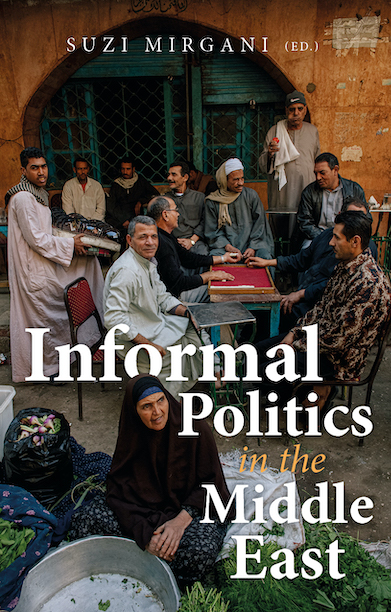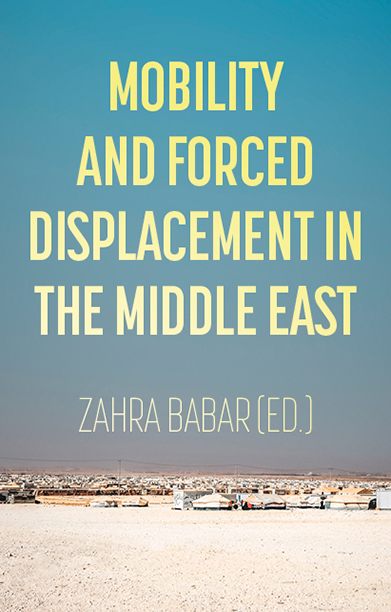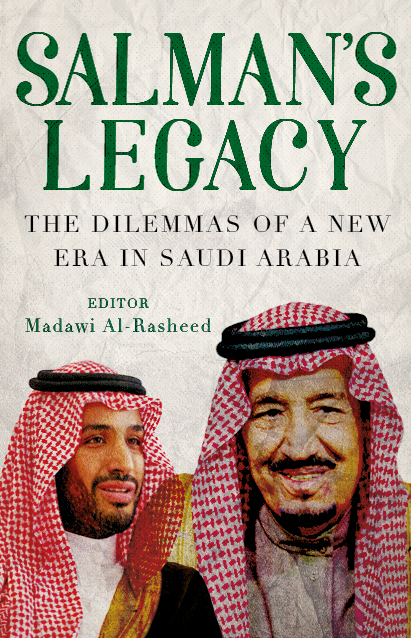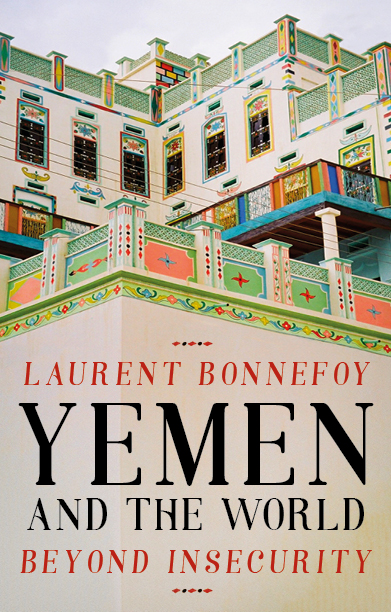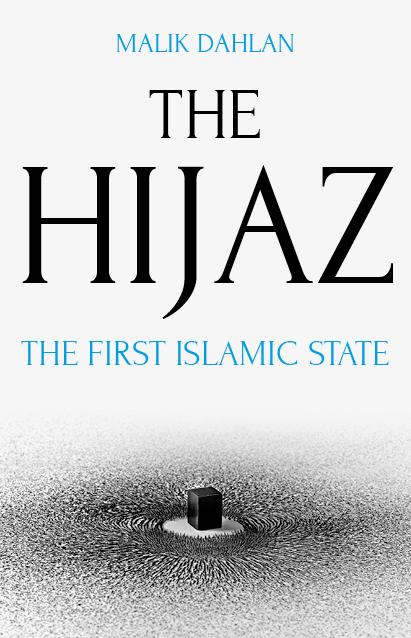Food Security in the Middle East
Part of the Georgetown University, Center for International and Regional Studies, School of Foreign Service in Qatar seriesDescription
This volume comprises original, empirically-grounded chapters that collectively offer the most comprehensive study available to date on food security in the Middle East. The book starts with a theoretical framing of the phenomena of food security and food sovereignty and presents empirical case studies of Lebanon, Jordan, Palestine, Egypt, Yemen, the Persian Gulf states and Iran. Some of the major themes examined include the ascent and decline of various food regimes, urban agriculture, overseas agricultural land purchases, national food self-sufficiency strategies, distribution networks and food consumption patterns, and nutrition transitions and healthcare. Collectively, the chapters represent highly original contributions to the disciplines of political science, economics, agricultural studies, and healthcare policy.
Table of contents
Acknowledgements
About the Contributors
List of Images
1. Food Security and Food Sovereignty in the Middle East — Mehran Kamrava and Zahra Babar
2. Historic Food Regimes and the Middle East — Eckart Woertz
3. An Economic Analysis of National Food Sovereignty Policies in the Middle East: The Case of Lebanon and Jordan — Jane Harrigan
4. Food Security and Food Sovereignty in Egypt — Raymond Bush
5. Prospects for Food Self-Sufficiency in Iran in 2025 — Habibollah Salami, Toktam Mohtashami and Mohamad Saeid Noori Naeini
6. Neither Security nor Sovereignty: Agriculture and Food Production in Yemen — Martha Mundy, Amin al-Hakimi and Frédéric Pelat
7. Urban Agriculture and Food Security in the Middle Eastern Context: A Case Study from Lebanon and Jordan — Shadi Hamadeh, Salwa Tohmé Tawk and Mounir Abi Said
8. Food Security and the Supermarket Transition in the Middle East—Two Case Studies — Karin Seyfert, Jad Chabaan and Hala Ghattas
9. Win-Win versus Lose-Lose: Investments in Foreign Agriculture as a Food Security Strategy of the Arab States of the Persian Gulf — Mary Ann Tétreault, Deborah L Wheeler and Benjamin Shepherd
Reviews
‘Food Security in the Middle East opens up urgent policy issues (in the ‘food crisis’ shadow) about food security/sovereignty across a region characterised by urban bias and food dependence, unsustainable food subsidy programs, and questionable offshoring of food provisioning. Chapters addressing member state particularities offer comparative perspectives within a global food regime context, providing a comprehensive and nuanced account of regional food insecurities, agrarian neglect, super-marketisation, dietary transformation and public health concerns. This volume’s notable achievement is a historicised and diversified view of ‘food crisis’ as deeply embedded in the structuring of state, corporate and institutional practices in an oil-rich, post-colonial region.’ — Philip McMichael, Chair of the Department of Development Sociology, Cornell University
‘This book is a fresh look at the challenges and opportunities associated with food security faced by the Middle East. The thorough treatment of a broad range of topics from trade to self-sufficiency, and from nutrition to the supermarket revolution and emerging dietary habits make it a truly unique read. Particularly insightful is the overall food supply and demand framework that is the starting point for the analysis in each chapter.’ —Dr. Julian A. Lampietti, Practice Leader, The World Bank
‘The student of the region will learn much about an understudied realm of social relations in a region whose food systems have suffered scholarly neglect for decades… The case studies the editors select, ranging from the logic of land purchases by Gulf states, to Jordanian state subsidy policy, to transformations in Egyptian state agricultural policy, reflect the many meanings embedded in the term “food security”…’ — Arab Studies Journal
Editor(s)
Zahra Babar is Associate Director for Research at the Center for International and Regional Studies at Georgetown University’s School of Foreign Service in Qatar. Previously, she served with the International Labor Organization and the United Nations Development Program. Her current research interests include rural development, migration and labor policies, and citizenship in the Persian Gulf states. Babar’s recent publications include ‘The Enemy Within: Citizenship Stripping in the Post Arab Spring GCC’ (Middle East Journal, 2017), as well as Arab Migrant Communities in the GCC, Food Security in the Middle East (co-edited with Suzi Mirgani), and Migrant Labor in the Persian Gulf (co-edited with Mehran Kamrava).
Suzi Mirgani is Assistant Director for Publications at the Center for International and Regional Studies (CIRS), Georgetown University in Qatar. She is the author of Target Markets, the editor of Art and Cultural Production in the Gulf Cooperation Council, and an independent filmmaker, telling stories from the Arab world.
